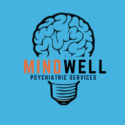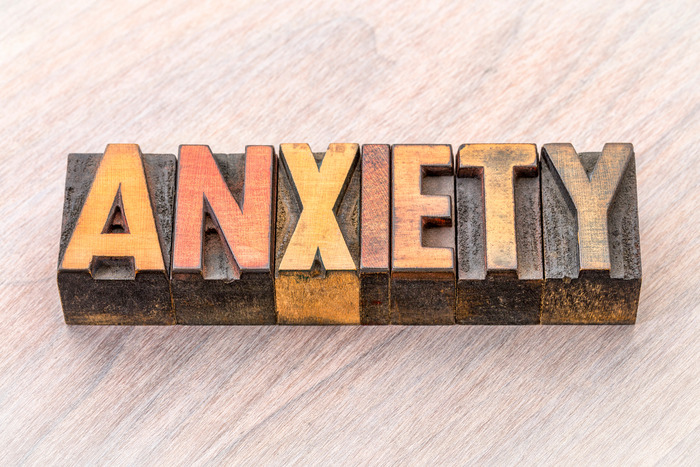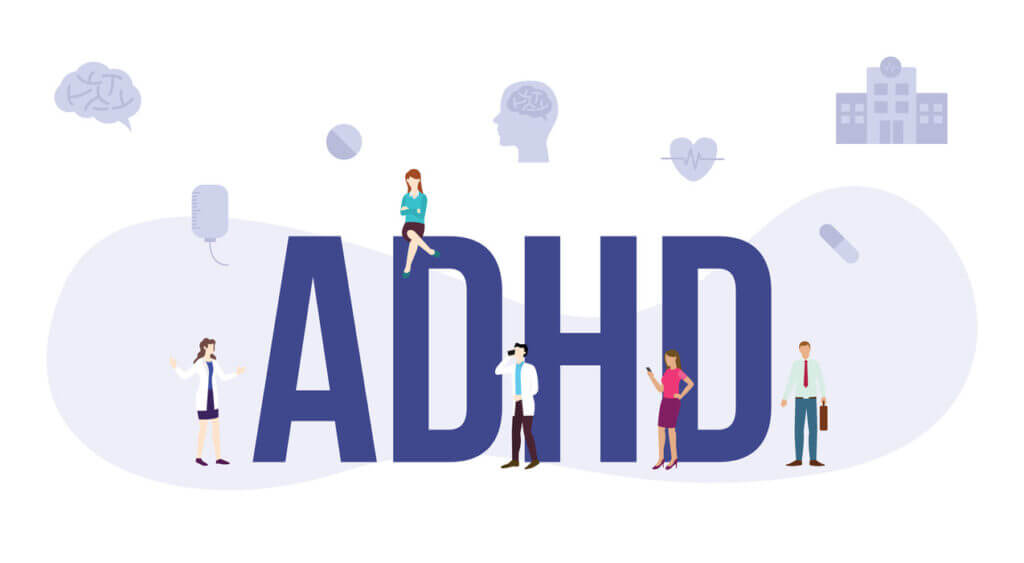The Power of Precision Psychiatry Tailored Meds for Your Mental Health
Demystifying Mental Illness: Understanding Your Mental Empire Alright, folks, let’s dive straight into the real talk. Mental illness, it’s not something to sweep under the rug or be embarrassed about. Think of it like your very own mental empire – vast, complex, and ever-changing. We all have one, and just like any empire, it can face challenges. Mental illnesses like anxiety, depression, or bipolar disorder are part of this empire, like the valleys and peaks in a landscape. No need to hide or deny it; they’re as real as the sun in the sky. Your mental empire isn’t a sign of weakness; it’s a testament to your strength and resilience. It’s a territory marked by thoughts, emotions, and experiences. Mental illnesses are like storms that can sweep through this empire, causing havoc. Understanding and acknowledging them is the first step in finding a path to healing and strength. Your Mental Empire’s Unique Blueprint: Unveiling the Role of Genetics Now, let’s talk genetics, the DNA of your mental empire. It’s like your family tree of mental wellness. Genes play a crucial role in how your mental empire functions. If mental illness runs in your family, it’s like having a specific architectural style in your blueprint. Understanding this genetic foundation is like having a treasure map – it guides us in crafting a personalized plan. But here’s the thing – genes aren’t destiny. They’re like the building blocks of a structure, but what you do with them matters. Your lifestyle, environment, and experiences shape how these genetic predispositions express themselves in your mental empire. Environmental factors, like stress, trauma, and lifestyle choices, also influence your mental empire’s blueprint. Imagine your mental health as a garden. Life experiences can be like the weather – sometimes sunny, sometimes stormy. Trauma might be like a wildfire, but resilience is your ability to rebuild and grow anew. Just as a garden thrives or wilts depending on what it’s exposed to, your mental empire can flourish or face challenges based on your environment. The Medication Myth: Debunking Common Misconceptions Time to bust some myths about meds. Worried they’ll turn you into a zombie? Nonsense! Medications are like the tools in your mental empire’s toolkit. They don’t erase your personality; they’re the keys to unlocking your full potential. These tailored meds are designed to tackle specific challenges within your mental empire. Psychiatric medications come in various forms, each with its own unique purpose and mechanisms of action. For example, selective serotonin reuptake inhibitors (SSRIs) can boost your mood by increasing the availability of serotonin, a neurotransmitter associated with happiness and well-being. Antipsychotic medications help manage symptoms of conditions like schizophrenia. Mood stabilizers, on the other hand, are used to prevent the extreme mood swings seen in bipolar disorder. It’s crucial to understand that psychiatric medications aren’t one-size-fits-all solutions. Your psychiatrist carefully evaluates your symptoms, medical history, and genetic makeup to prescribe the most appropriate medication for your unique mental empire. And don’t worry about the myths – these medications aren’t about altering who you are but rather helping you navigate your mental landscape more effectively. Beyond Pills: The Holistic Approach to Mental Health But hold on; we’re not putting all our bets on pills alone. Nope! We’re exploring the vast arsenal of strategies that complement medication. Therapy: Imagine therapy as your trusted advisor, guiding you through the twists and turns of your mental empire. Therapists are like experienced explorers who’ve navigated similar terrain before. They help you understand the map of your mind, uncovering hidden treasures and addressing the obstacles in your path. Whether it’s cognitive-behavioral therapy (CBT), dialectical-behavior therapy (DBT), or talk therapy, these approaches provide valuable insights and coping strategies. Lifestyle Changes: Lifestyle changes are the foundation stones of your mental fortress. Think of them as the pillars that support your mental health. Exercise, for instance, is like the strong foundation that keeps your mental empire stable. It releases endorphins, the body’s natural mood lifters, and reduces stress hormones like cortisol. Maintaining a balanced diet provides your mind with the nutrients it needs to function optimally. Proper nutrition fuels your mental empire, ensuring it stands strong against adversity. Self-Care: Self-care isn’t a luxury; it’s a necessity for maintaining a healthy mental empire. It’s about prioritizing your well-being, just as you would care for the gardens and structures within your empire. Self-care includes activities like getting enough sleep, practicing relaxation techniques, setting healthy boundaries, and engaging in hobbies you enjoy. These acts of self-compassion can help lift the heavy veil of mental illness and strengthen your mental fortress. Support Network: In your mental empire, you’re not alone. Your support network is like a group of loyal allies, standing strong beside you. Friends, family, support groups, and mentors can provide essential emotional support. They’re the cavalry in your battle, reinforcing your defenses and offering a helping hand when The Mental Health Practitioner’s Role: Crafting Your Mental Empire’s Blueprint Now, imagine a mental architect, a mental health practitioner who’s a master at crafting blueprints for mental empires. They’re like the Leonardo da Vinci of your mental landscape, using precision psychiatry to customize a plan just for you. Your genetics, life experiences, and unique needs? They’re all pieces of this intricate puzzle. With a mental health practitioner’s guidance, you’re not just navigating your mental empire; you’re designing it to thrive, conquer challenges, and stand the test of time. A mental health practitioner is your mental health ally, the one who helps you make sense of your mental landscape. They’ve spent years studying the terrain, mapping the emotional rivers, and understanding the peaks and valleys of the human mind. Just as an architect plans a building based on the needs and challenges of the location, a psychiatrist designs a treatment plan tailored to your mental empire. Here’s how a psychiatrist crafts your mental empire’s blueprint: Comprehensive Assessment: Your journey begins with a comprehensive assessment. This isn’t a one-size-fits-all approach; it’s about getting to know you, your history, and your unique
The Power of Precision Psychiatry Tailored Meds for Your Mental Health Read More »









